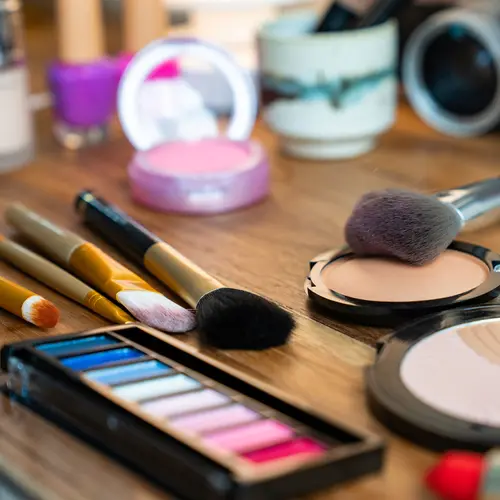Conditioner is a product you use after shampoo to add moisture to your hair. It helps improve the overall texture, feel, and appearance. How do you know if your conditioner offers the best results for your hair type? Learn how conditioner can benefit your hair, including choosing ingredients that improve your hair health.
The Goal of Conditioner
While shampoo is more fluid, conditioner is thicker and has more substance. The main goals of conditioner are to lock in your hair’s moisture and protect it from the sun and environmental damage. Conditioner is similar to a moisturizer you apply to your skin to help it stay healthy. If you don’t use conditioner, you leave your hair exposed to more potential damage.
Identifying Your Hair Type
Knowing what type of hair you have can help you choose the best conditioner for your needs.
Dry hair. Dry hair tends to break more easily. A thick conditioner that is rich in nourishing ingredients helps to tame your hair and keep it looking healthy. The right conditioner can help reduce frizz and the appearance of split ends.
Neutral hair. If you don’t think your hair is oily or dry, you probably need a standard conditioner. You can moisturize without weighing your hair down or making it look oily. You may find that you can use less conditioning product in each shower or condition your hair less often.
Oily hair. If your hair tends to look oily around your scalp, focus conditioner on the ends of your hair. Avoid the scalp area so you don’t increase oil or clog the hair follicles on your scalp. Because your hair is oily, you don’t need as much conditioner to maintain your hair’s health.
Different Types of Conditioner
You should choose a conditioner based on your hair type. Consider if your hair is:
- Oily, normal, or dry
- Fine or thick
- Straight, wavy, or curly
- Color-treated or bleached
- Any combination of these
Thickening conditioner. This may also be called a volumizing conditioner. It has ingredients that cling to your individual hair strands and make your hair look thicker and fuller. Protein, collagen, biotin, caffeine, green tea, and saw palmetto are great to look for in a conditioner if you want your hair to have more volume.
Deep conditioner. This conditioner is thicker than the standard. It's designed to treat curly, thick, or color-treated hair that is more prone to be dry or damaged. This isn’t a conditioner you use every day. Instead, incorporate it into your hair routine once a week or a couple of times per month. Use a different conditioner in between to maintain the best results.
Moisturizing conditioner. These conditioners contain more oils as ingredients to keep your hair soft and smooth. If you have oily hair, you want to avoid this conditioner as it may make your scalp worse. Moisturizing conditioner is best for dry, curly, or thick hair that needs more moisture.
Protein conditioner. Keratin is the primary protein used to strengthen your hair and prevent breakage. This conditioner is best for hair that is thin or fine. Because it tends to be a heavier conditioner, you want to use it sparingly. Once or twice a month is enough, and you can use a standard conditioner in between uses to maintain results.
Cream rinse conditioner. This is a thinner conditioner that is closer to the consistency of shampoo. It’s great for detangling your hair if you don’t need extra moisture, volume, or protection. If your hair tends to be very tangly, you want to use a more robust conditioner than cream rinse.
Leave-in conditioner. This conditioner is usually in the form of a cream or a spray. You put the product in your hair after you get out of the shower while it’s still damp. If your hair is frizzy or you have split ends, a leave-in conditioner provides added protection to your hair. You can use it in addition to the conditioner you apply to your hair after shampooing.
Some conditioners are for daily use, while others you incorporate two to three times per week based on your hair’s needs. For example, if you have oily hair, you can use a special conditioner a few times a week. Using one every day may strip too much oil from your hair and do more damage than good.
Other Hair Care Tips
If you want to maximize your hair care, use these tips to keep hair healthy in between conditioning:
- Find a shampoo that meets your hair’s needs and pairs well with your conditioner.
- If your hair is dry or color-treated, you may wash it less often but use more conditioner.
- Commit to trying several conditioners until you find one that works best for your hair.
- Use a swim cap if you swim in a pool to prevent damage from chlorine and other pool chemicals.


